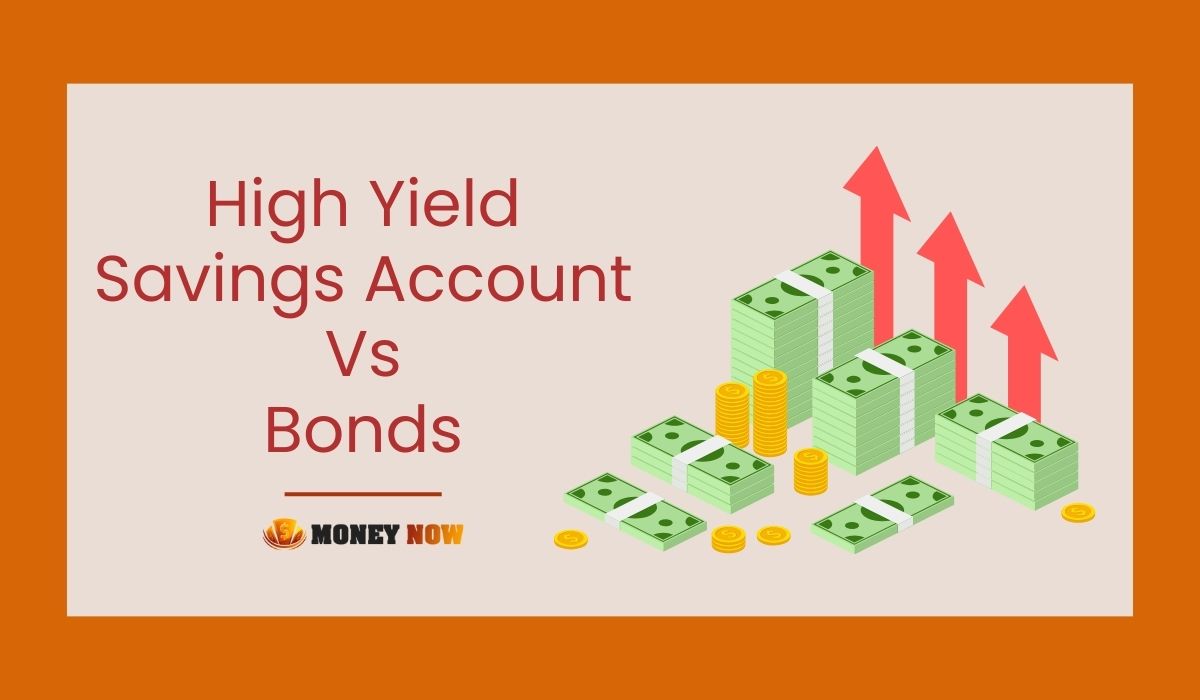
When it comes to saving money and earning interest, there are numerous options available to consumers. Two popular choices are high yield savings accounts and bonds. Both offer unique advantages and potential drawbacks, depending on your financial goals, risk tolerance and need for liquidity.
The choice between high yield savings accounts and bonds depends on your financial goals and risk tolerance: high-yield savings accounts offer more liquidity and are better for short-term savings, while bonds can provide higher returns but with increased risk and less flexibility.
This blog explores these options to help you make an informed decision.
High yield savings accounts are like traditional savings accounts but offer higher interest rates, making them an attractive option for savers looking to earn more from their deposits. These accounts are accessible and liquid, meaning you can withdraw your money at any time without penalties, making them perfect for emergency funds or short-term savings goals.
Higher Interest Rates: Compared to traditional savings accounts, high yield options offer more competitive rates, sometimes as high as 5%.
FDIC Insurance: These accounts are insured up to $250,000, offering peace of mind that your money is safe.
Ease of Access: Funds can be withdrawn at any time, providing flexibility for unexpected expenses.
Variable Interest Rates: The rates can fluctuate with the market, potentially leading to lower returns than expected.
Taxable Interest: Earnings are subject to federal, state, and local taxes, which can impact your net returns.
Bonds are essentially loans you make to a government entity or corporation, with a promised return over a specified period. They come in various forms, including government, corporate, and municipal bonds, each with its own risk and return profile.
Predictable Returns: Bonds provide fixed interest payments, offering a stable income stream.
Diverse Investment Options: From safer U.S. government bonds to higher-risk corporate bonds, there's a bond to match every risk tolerance.
Tax Advantages: Some bonds, like U.S. savings bonds, may offer tax-free interest if used for educational expenses.
Reduced Liquidity: Bonds are typically held until maturity, and selling early can result in penalties or losses.
Interest Rate Risk: With fixed interest rates, your return may not keep up with inflation, especially with long-term bonds.
Interest Rates and Returns: While high yield savings accounts offer variable rates that can adjust with market conditions, bonds provide fixed rates that can offer stability over the term of the bond. However, the actual return on investment will depend on the current economic climate and inflation rates.
Safety and Risk: High yield savings accounts offer a high degree of safety through FDIC insurance, whereas the safety of bonds depends on the issuer's creditworthiness. Government bonds are generally considered very safe, while corporate bonds carry more risk.
Access and Liquidity: Savings accounts offer immediate access to funds, while bonds are more restrictive, with penalties for early withdrawal.
Tax Considerations: Interest from high yield savings accounts is fully taxable, while bonds may offer some tax advantages, particularly for bonds used for educational purposes or those issued by the government.
Deciding between a high yield savings account and bonds boils down to your financial objectives, need for liquidity, and risk tolerance. If immediate access to your funds and safety are your top priorities, a high yield savings account might be the way to go. On the other hand, if you're looking for stable, predictable returns over a longer period and can handle some degree of risk, bonds could be a more suitable option.
Bonds are fixed-income investments where you loan money to an issuer (government or corporation) in exchange for periodic interest payments and the return of the bond's face value at maturity.
Yes, high yield savings accounts are generally safe as they are often insured by the FDIC up to $250,000, protecting your deposits against bank failures.
Yes, there is a risk of losing money in bonds if the issuer defaults on payments or if you sell the bond for less than its purchase price before maturity.
Consider your financial goals, risk tolerance, need for liquidity, the current economic environment, and tax implications when choosing between these two options.
Interest rates for high yield savings accounts can fluctuate with market conditions, while bonds offer fixed interest rates for the duration of the bond's term, though the exact rates vary depending on the type of bond and current economic factors.
Both high-yield savings accounts and bonds have their place in a well-rounded financial strategy. By understanding the features, benefits, and drawbacks of each, you can make an informed decision that aligns with your financial goals. As always, consider consulting with a financial advisor to tailor your investment choices to your personal financial situation.
Learn more about the best ways to budget as a couple with our comprehensive guide. Discover more tips and helpful resources on financial management by visiting Money Now.
